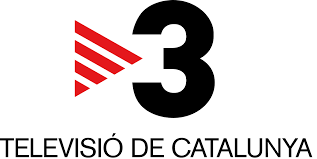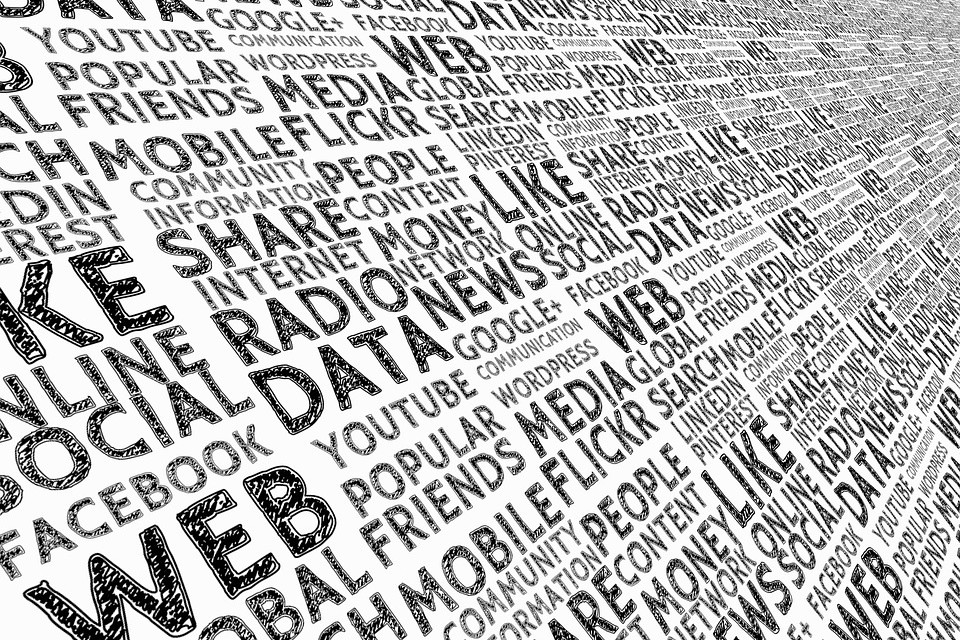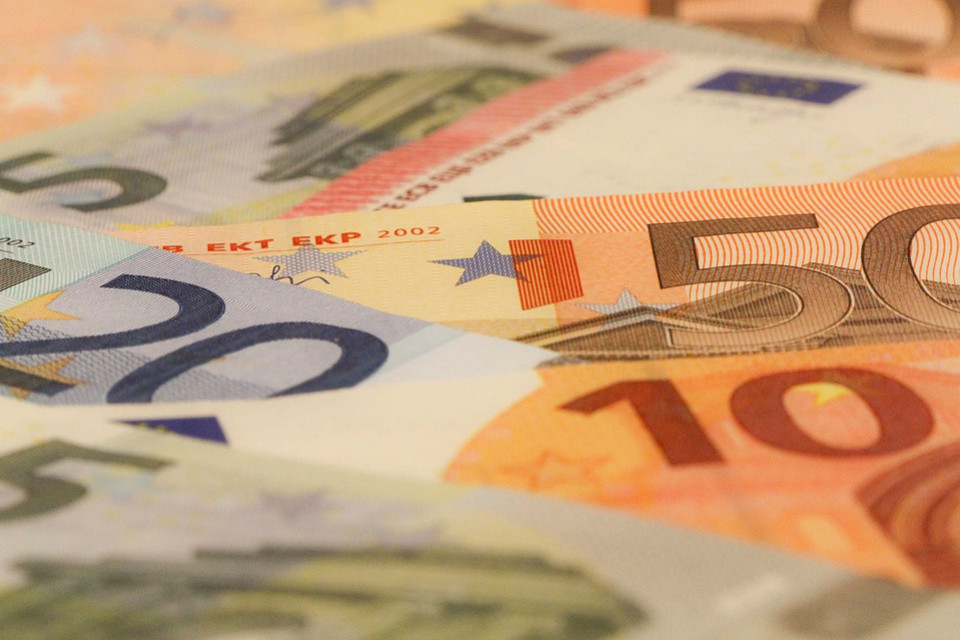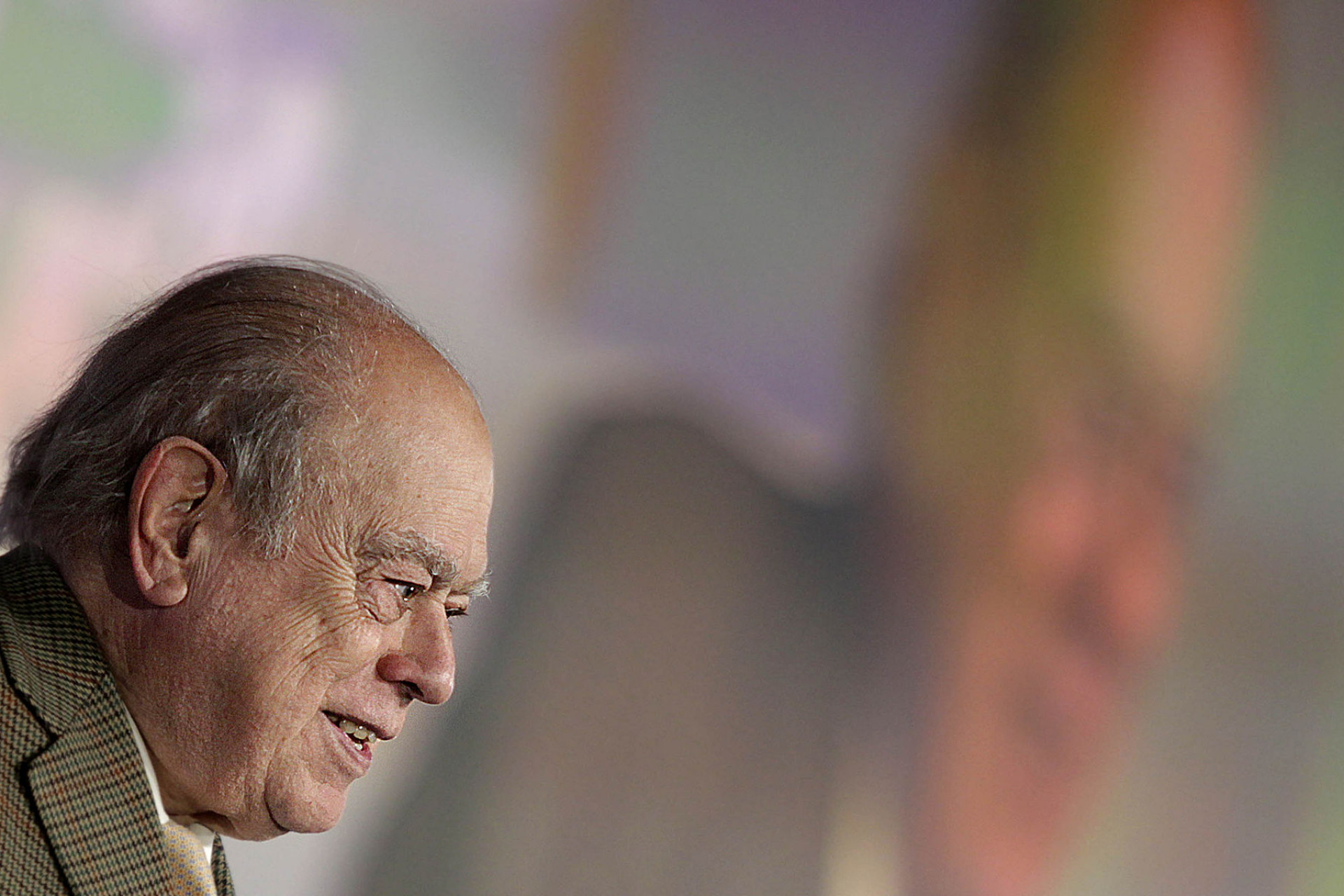Public television is not necessarily at the service of the person who is in charge and, consequently, who pays. There are examples that present how, precisely because of their nature, public media tend to objectivity, diversity and the general interest. As regards Catalonian public television, TV3 is a clear example of the just opposite.
At the end of 2016, the Catalonian Audiovisual Media Corporation (CCMA), which includes TV3, Catalonia Ràdio and its digital media, had a workforce of 2,312 workers, which represents salaries worth of 159 million Euros. The best payers of the regional televisions. This means that the average annual salary of each CCMA employee is 68,771 Euros, above RTVE and all the autonomous regions. The CCMA bills 61 million Euros in publicity, which only covers one fifth of its total costs.
It is natural that such sizeable figures provoke debate about the nature, viability and particularly that the media is maintained with public money. In comparison with other television models, particularly the profile and the size of the regional ones at European level, it is obvious that TV3 constitutes a paradigm of oversizing at all levels, starting naturally with its budget. An argument that, traditionally and repeatedly, is used by the political Right to question the existence of public information services.
However, beyond the debate on the public or private nature of the media, everyone's money that is granted to both through subsidies, the most worrisome question lies in the why. Because if, for example, even recognizing its gigantic size, and consequently its cost and other costs, TV3 dedicates itself, for example, to honestly inform all Catalonians, promote good citizen practices, promote democracy, educate and facilitate the access to culture... could be understood, justified and even defended as a model. However, the serious thing is that it seems that just to the contrary is happeninh.
EFFECTIVE PROPAGATORS OF THE "CATALONIAN NATIONAL MODEL"
Since nationalism, in its less intense origins, was taking controls of the regional power in Catalonia, naturally paid special attention to the media, knowing that they are a fundamental tool in the development of the public space.
In 1990, and with the help of Jordi Pujol, the "Programa 2000" was born, a plan whose objective was to promote their particular vision of "Catalanism in all social fields".
In the section dedicated to the media, this plan was established, literally, "to ensure that the public media, dependent on the Generalitat, continue to be effective transmitters of the Catalonian national model".
When from the position of power, in this case highly concentrated in Convergence and Unió, established that the public media "continue to be transmitters", besides recognizing that, in fact, they already came to be so, we understand that their function is to transmit, transfer what the powers-that-be establishes to the general public. Which, in this case, is the "Catalonian national model"; something difficult to interpret, but that means to say what they understand this is or should be in Catalonia, in national coding. That is, its Catalonia. A partisan reading of things, exclusive and undemocratic, insofar as the facts present, that Catalonia only thinks about a part of itself, and in addition, disconnects itself from Spain.
In this way, intentionally, organized, planned TV3 is instituted in the propaganda machine of CIU, ERC... of nationalism and, specifically, of the "Procés". Its management is carried out by a group, officially independent, but in fact carefully selected, depending not so much on their professional merits, rather on their adherence to the "Catalonian national model". In the same sense, the templates correspond hegemonically to the model. All this orientated to disseminate content formulated and minted as propaganda, "understood as a communicative strategy and a social engineering technique, insofar as it tries to construct and assign identities", as Larissa Zakharova points out here.
COMMUNICATION TOTALITARIANISM
In line with what Alexander Hanisch-Wolfram says ("the more complex is the collective identity, the more numerous aspects of life are affected by propaganda and the more it can be described as totalitarian"), TV3 dedicates itself body and soul to "build the nation", to narrate the world in its own way, which is nothing more than a way of building it, as experts in public communication know quite well. Thus, in a transversal way, nationalism gets installed in the media discourses, permeates each and every one of its spaces, disseminates the messages it considers most appropriate to the "Catalonian national model". and it does so not only in informative programmes, but also in cultural, entertainment and fun, economic and even children's or sports programmes. Not to mention the live broadcasts of the great events of the "Catalonian national model", such as the demonstrations of September 11th, carefully organized to multiply their visual effects, via television.
In the glow of what Kirill Postutenko affirms ("Totalitarian communication is a specific type of communication, anchored in the political organization of society and not an exclusive attribute of the 'totalitarian regimes'), it does not seem unsafe to deduce that TV3 is configured as a variable of communicative totalitarianism. Yes, camouflaged as the "Proces" and the nationalism which it responds to, family style, victimhood, "goodness.".., not exempt, of course, from a marked "supremacism", quite in tune with its most loyal audiences.
Because one of the most striking features of TV3 is its contribution to disconnect Catalonia from Spain. There is no talk of Galicia, Andalusia, Euskadi and Madrid, for example. and when it does occur, it is often for the worse. Intentionally, it does not conceal making a image of a foreign Spain, strange, and even hostile and aggressive. Because, as political marketing professionals know, frames of reference ("the Catalonian national model") are not only created, let's say, in a positive way. They also require an opponent, an enemy, who in this case is Spain.
Profit is not alien to TV3, rather quite the opposite. Also according to the ideology which inspired it, with the interests it defends and shares, it is public knowledge that Catalonian public television is one of the most profitable "manger" in Catalonia.
Not only a cytoplasm of producers, companies and professionals get succulent profits from the media, but some of their own professionals conspicuously profit from it. Which, as is well known, generates unbreakable adhesions.
If in media's agendas, relevant issues are not adequately reflected, that is to say that which directly affect the quality of our lives, the quality of democracy, then that democracy will end up suffering, because public opinion will not have information about them. And if democracy is understood as the will of the general public to have the means to participate in the management of matters that concern them, and that the media are accessible and independent, the Catalonian public media, and by extension, the subsidies that are also given to the promotion of the "Catalonian national model", can only be legitimately suspended, to use a benevolent term.











